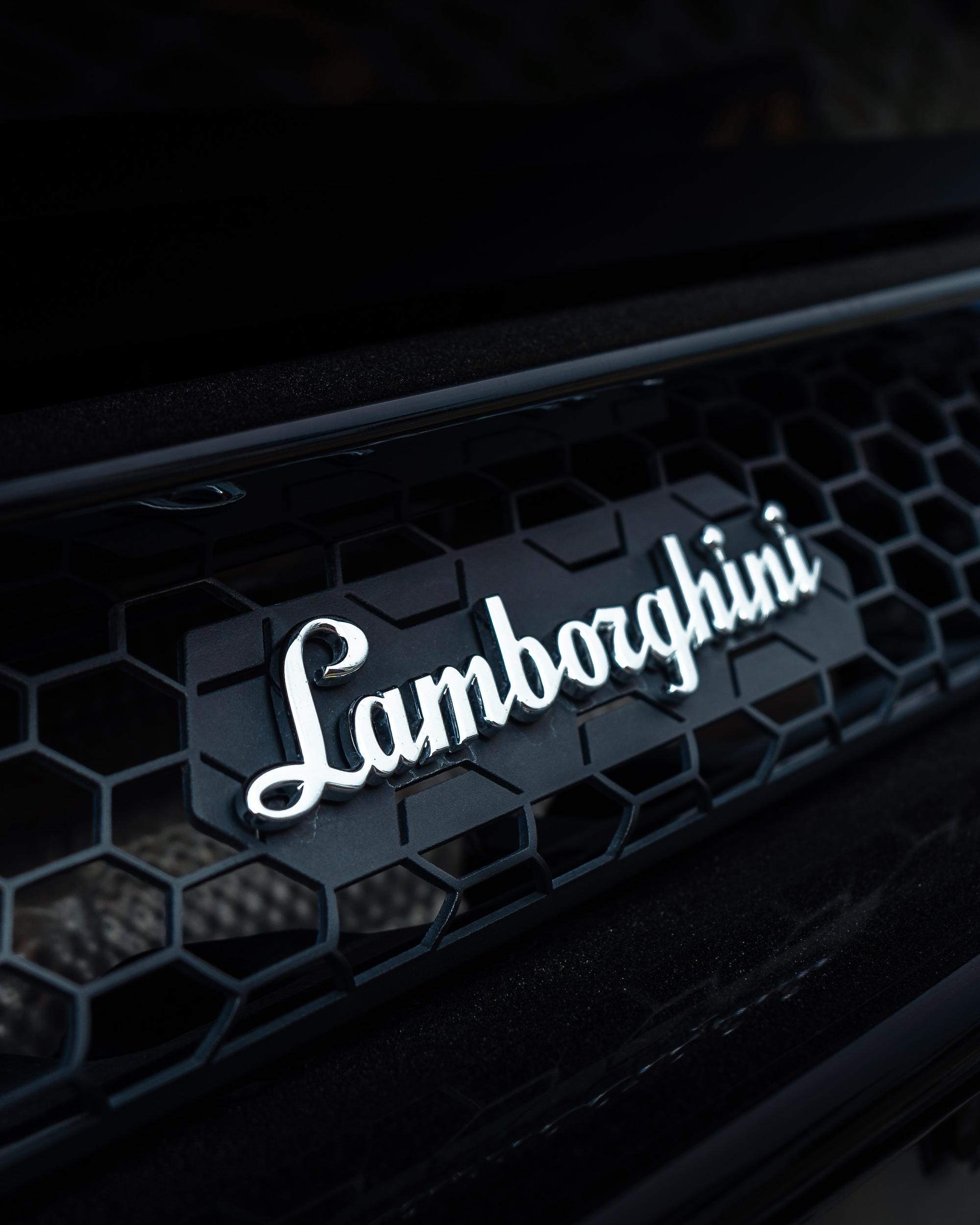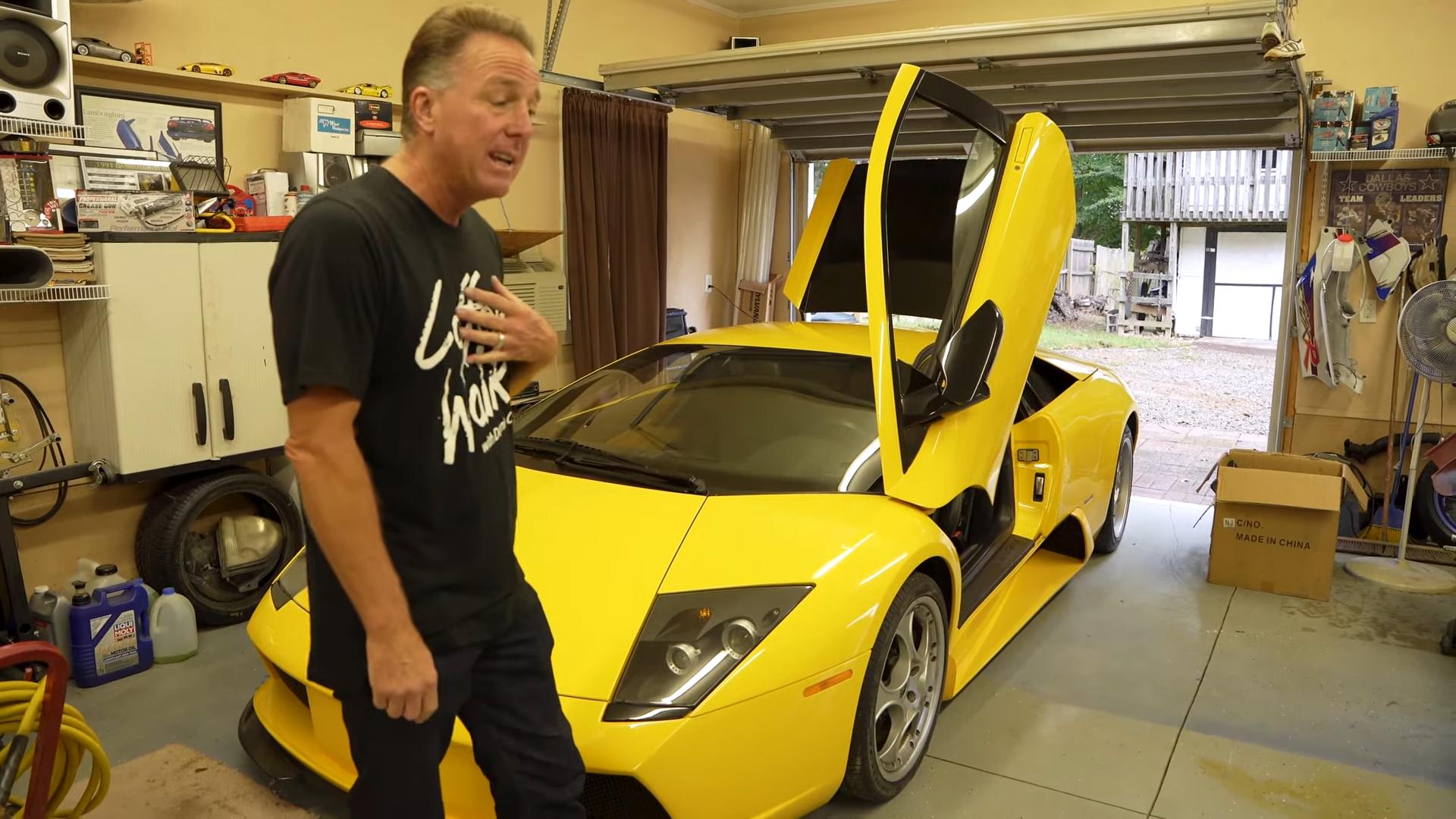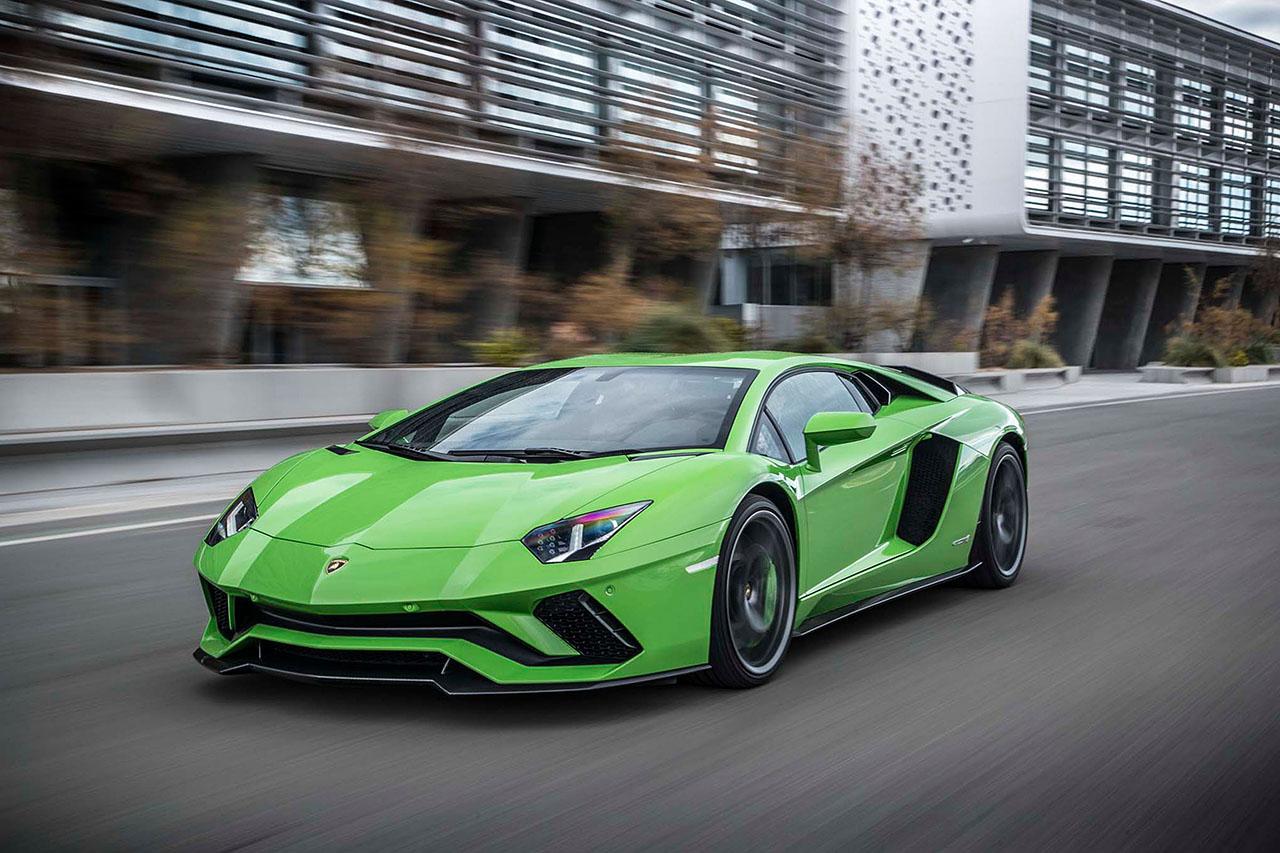Lamborghini, a name synonymous with luxury, speed, and daring design, has long been a subject of fascination in the automotive world. However, along with the brand’s renowned exclusivity and aesthetic appeal, questions about its reliability have emerged among car enthusiasts and potential buyers.
In this article, we will explore various aspects of Lamborghini’s reliability, examining common problems and lifespan and comparing them with other luxury cars.
Reasons Why Lamborghinis Are Not Reliable
Lamborghini’s reputation for reliability has been debated, particularly due to its handcrafted nature, limited production, and some historical issues. Although recent models have shown improvements in dependability, they are often considered less reliable than some luxury cars, particularly for everyday use. The following are some factors contributing to these perceptions:
- General Perception of Supercars’ Reliability: Supercars like Lamborghinis are generally perceived to be unreliable and very expensive to maintain. This perception arises from the fact that these vehicles are not mass-produced, often hand-built, and operate at the cutting edge of automotive engineering technology. Their performance-driven nature and the emphasis on speed, handling, and looks mean that they generally sacrifice practicality and usability. Their limited use and low production numbers make reliability hard to measure.
- Lamborghini Huracan’s Reliability: Contrary to the general perception, a UK study revealed that the Lamborghini Huracan might be the most reliable supercar you can buy. The details of how this reliability was measured are not specified in the content provided. The new Lamborghini Huracan Tecnica also builds on the legacy of the original V10 Gallardo and its derivatives, showcasing the culmination of the brand’s experience.
- Lamborghini Urus: The Lamborghini Urus is positioned as a super SUV combining elements of practicality with supercar performance. However, the information does not specifically delve into the reliability aspects of the Urus or the Urus S.
- Other Factors: Though not directly related to reliability, it’s worth noting that Lamborghini has been resilient in overcoming various supply chain challenges like political, social, and economic circumstances. Their risk mitigation measures in securing the supply chain might indirectly reflect their commitment to quality and reliability.
What Makes A Car Reliable?
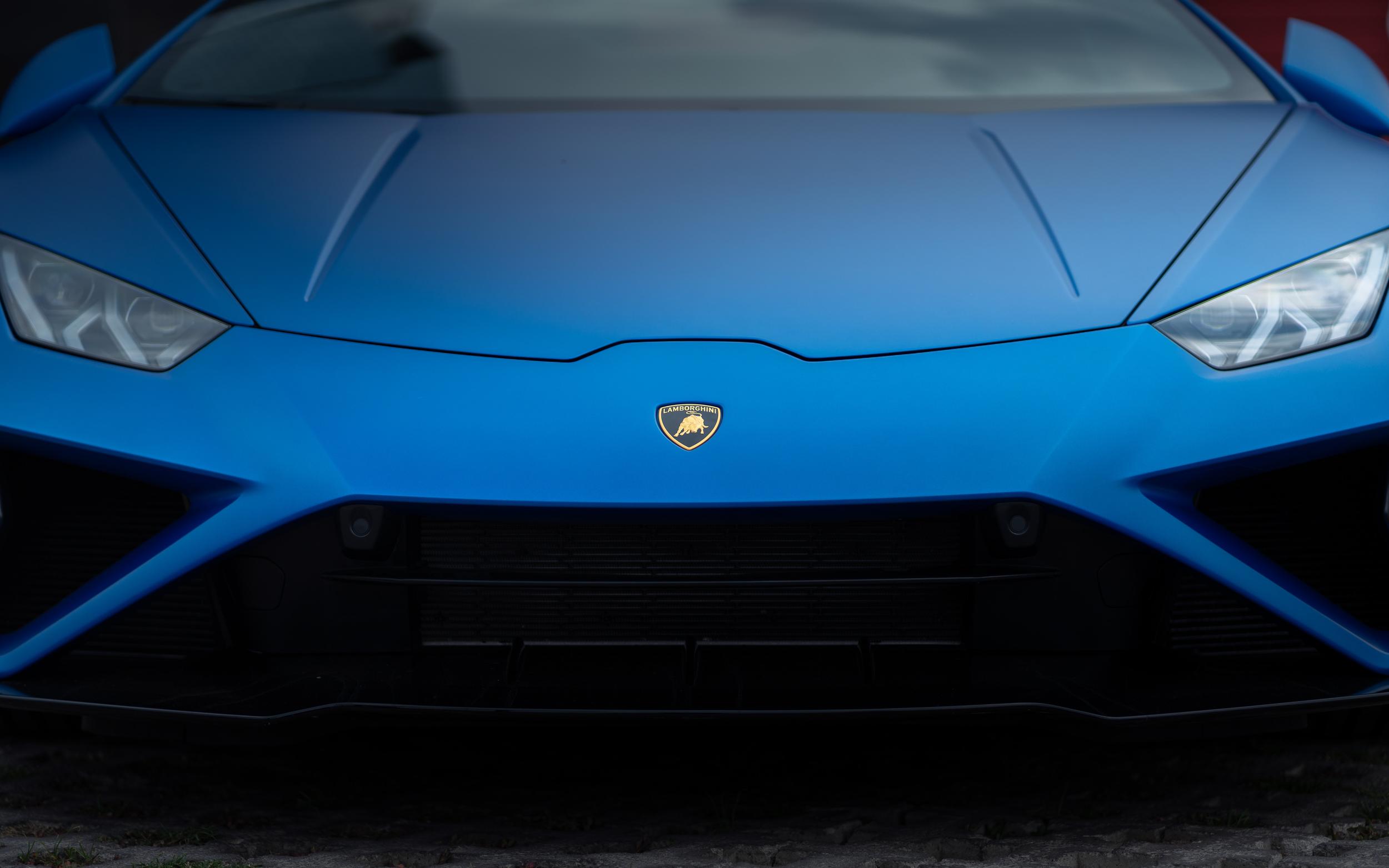
Reliability in a car refers to its ability to perform consistently without unexpected breakdowns or major issues. It encompasses several factors:
- Quality and Component Replacement: High-quality components that are durable and resilient can withstand wear and tear over time. The industry’s improvements in quality and component replacement have led to a decrease in problems per 100 vehicles (PP100), indicating higher performance and reliability.
- Technology and Complexity: A significant factor in dependability is the complexity and amount of new technology within the vehicle. Premium brands often have more technology, which can increase the likelihood of additional problems, whereas mass-market brands may have fewer technological elements, leading to fewer issues (182 PP100 for mass-market brands vs. 205 PP100 for premium brands).
- Vehicle Type and Energy Efficiency: Some categories of vehicles are found to be more reliable than others. For example, hybrid cars were ranked as the most reliable vehicle category of 2023, while electric vehicles and full-size pickups had lower average reliability scores.
- Brand Reputation: Certain brands are consistently ranked higher for reliability. Toyota and Lexus, for instance, are known for their quality, and Kia is the third most reliable brand according to J.D. Power and RepairPal.
- Warranty and Maintenance: Brands that offer substantial warranties and encourage regular maintenance can contribute to the vehicle’s reliability. Kia, for example, provides a 10-year/100,000-mile powertrain warranty, ensuring long-term reliability.
- Research and Development: The modern manufacturing process includes years of research, development, and testing to make cars robust and dependable. Some cars still prove more reliable than others, making reliability a key factor for buyers.
- National Origin: Japanese automakers like Mazda, Honda, and Toyota have a reputation for producing some of the most reliable cars. Their vehicles are known for strength and sturdiness, translating to cheap ownership costs and reliability.
What Are The Most Common Problems With Lamborghinis?
The most common problems with Lamborghinis include:
- Handmade Design Leaves Room for Human Error: Since Lamborghinis are often handcrafted, there may be a greater margin for human error in their construction.
- Poor Mileage: The vehicles are not known for fuel efficiency, which might be a consideration for potential owners.
- Maintenance Costs are Expensive: Owning a Lamborghini is costly, not just in terms of its initial price but also in its ongoing maintenance.
- Lamborghinis are Loud: The loud engine noise could be a concern for some owners or those around the vehicle.
- Car Insurance is Expensive: The cost of insuring such a luxury vehicle can be very high.
- Relatively Short Life Span when Compared to Other Vehicles: Lamborghinis might not last as long as some other types of cars.
- Visibility is Difficult: Due to the design of the car, visibility might be more challenging compared to other vehicles.
- Not Designed for Weekend Getaways: Lamborghinis are not meant for casual trips or typical family outings.
- Speedbumps are Hard to Avoid: The low ground clearance makes it difficult to navigate speed bumps.
- Potholes can Cause Expensive Damage: Similar to speed bumps, potholes can also cause costly damage.
- New Lamborghinis Don’t Come with Manual Transmissions: This could be an issue for those who prefer manual driving.
- Not Meant to be an Everyday Driver: Lamborghinis are often considered more of a luxury or status symbol rather than an everyday vehicle.
- Interior Features Plastic Materials: Some might find the use of plastic materials in the interior of such an expensive car unappealing.
- Teach Yourself How to Drive Again: The unique driving experience might require relearning certain driving skills.
- Finding a Parking Spot Might be Impossible: Parking such a large and exclusive vehicle might prove challenging in regular parking spaces.
What Is the Lifespan of a Lamborghini?
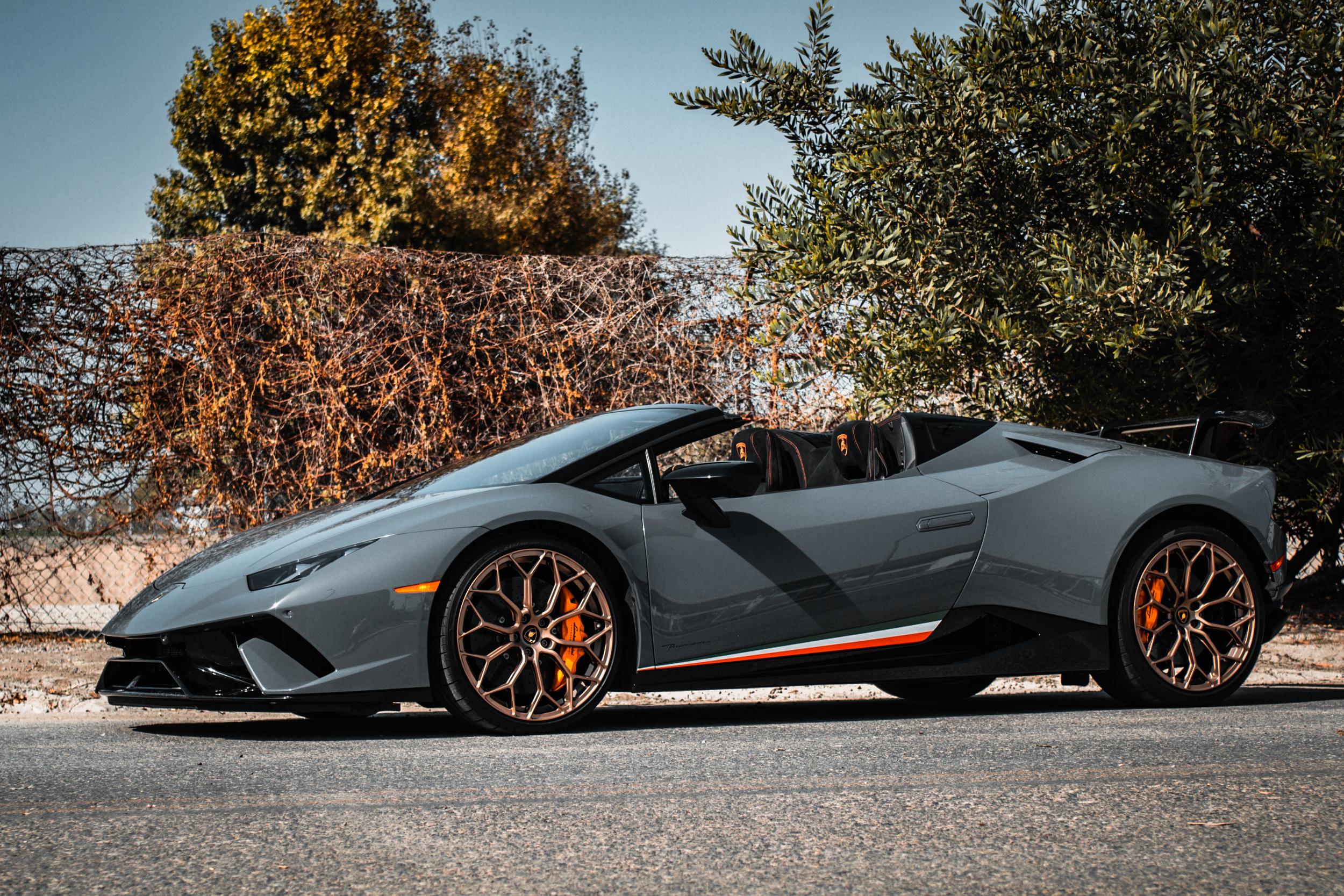
Lamborghinis, being high-end luxury sports cars, are known for their iconic designs and performance. However, there are certain factors that affect their longevity. They are often handmade, which leaves room for error in their construction, and are typically not designed for everyday use but rather for flashy appearances.
Moreover, they are known to have a relatively short lifespan compared to other brands of cars. This trait is also highlighted by the fact that Lamborghinis are known for having a relatively short lifespan when compared to other vehicles.
Several reasons contribute to this shorter lifespan, such as being handmade (which can lead to human error) and having expensive maintenance costs. Additionally, service centers, such as Lamborghini Greenwich, specifically offer services for maintaining and repairing Lamborghini models with exact parts designed for longevity, implying that meticulous care is necessary for keeping the cars in top condition.
While the information does not provide an exact number of years or miles for the average lifespan of a Lamborghini, it gives a clear indication that these vehicles may not have as long a lifespan as some other brands, particularly if not maintained properly.
What Is The Most Reliable Lamborghini?
The Lamborghini Huracan is identified as possibly the most reliable supercar on the market, according to a study in the UK. This finding seems to be supported by the features and technology described in the Huracan, such as the use of a 5.2-liter V10 engine and various performance features.
Therefore, based on the information provided, the most reliable Lamborghini appears to be the Lamborghini Huracan.
Conclusion
Lamborghini’s unique blend of craftsmanship, performance, and exclusivity has secured its place in the pantheon of luxury automotive brands. While questions of reliability persist, particularly in comparison to other luxury vehicles, it’s essential to understand that Lamborghinis are not designed with everyday use in mind.
The brand’s focus on performance and exclusivity may lead to perceptions of unreliability, but for those seeking an unparalleled driving experience, Lamborghini continues to offer models that reflect its commitment to innovation, design, and luxury. The true assessment of reliability may thus lie in the alignment of the vehicle with the owner’s expectations and intended use.

